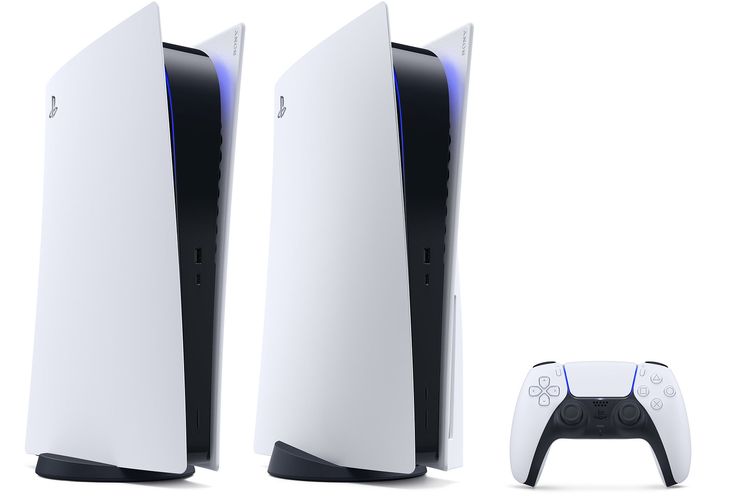In principle, people have always had free modem choice. You can connect any modem to DSL and Fiber. But you have to configure it yourself. (VLANs, etc.)
For the Customer Service, a private modem makes it a bit more difficult to troubleshoot, since (in our case) the standard modem is part of the connection monitoring. The modem regularly transmits the speed and information about the quality of the connection. As soon as you connect your own modem, you cannot request the current speed / data, and no history is built up.
When a customer calls and indicates that his internet is slow, you can usually immediately see whether the internet is indeed too slow or not. If the internet connection is okay, the customer probably has Wi-Fi problems. (Customers test themselves never or them too wired have a slow connection).
ISPs provide the cheapest junk as a modem with switch, router and access point functions
No Provider will supply a Gaming Router as a standard modem / router. A modem / router is supplied which is “good enough”.
My Provider T-Mobile supplies a Zyxel VMG8825-T50. It has 2.4Ghz and 5Ghz Wi-Fi, and I get the speed of my fiber optic subscription when wired. In the settings I can open ports and change the SSID and password. It works fine, and I don’t need more. At Bol.com, this thing costs less than 50 euros. Is this Zyxel therefore “cheap junk”?
but provide good support.
Why should a Provider provide support on the modem? Or, to what extent? Where is the limit?
The people who want to change things in the settings could also visit the manufacturer’s website themselves and download a manual. I haven’t bothered T-Mobile for configuring their Zyxel either.
If the modem actually only functioned as a modem, people would generally be a lot more satisfied, the only thing ISPs have achieved in recent years is … but blindly pollute the WiFi spectrum.
I also suggested supplying us with a Wi-Fi-less modem. (Out of self-interest, I must say. Quite a lot of people call our Customer Service about Wi-Fi). But providing a modem / router without Wi-Fi is simply not an option – the average consumer just expects Wi-Fi to be standard.
Just ask a question about DHCP, WiFi, Firewall, uhm yeah we don’t support that.
Why should they support it. The modem / router comes with a standard configuration that works for the respective Provider.
If you want to change things, you can. They probably don’t mind. But why should there be support for that should to give?
If you want to install IP cameras if necessary, and you have to open ports in the modem / router, you can also figure out how to do that yourself. And then you will indeed be referred to forums. Because you are certainly not the first to ask, and there is probably someone who has already described how it should be done.
So many customers nowadays are referred to her forums … even troubleshoot signal issues because “JOOP” behind the line cannot even detect signal disturbance.
Are you talking about DSL failures or Wi-Fi failures? Internet “signal disturbances” should just see Customer Service.
Manufacturers of modems & routers are certainly not taking their responsibility at the moment.
What responsibility do you think modem / router manufacturers have?
–
:strip_exif()/i/1117705964.jpg?f=fpa)
/data/photo/2020/09/18/5f647550c9591.jpg)
